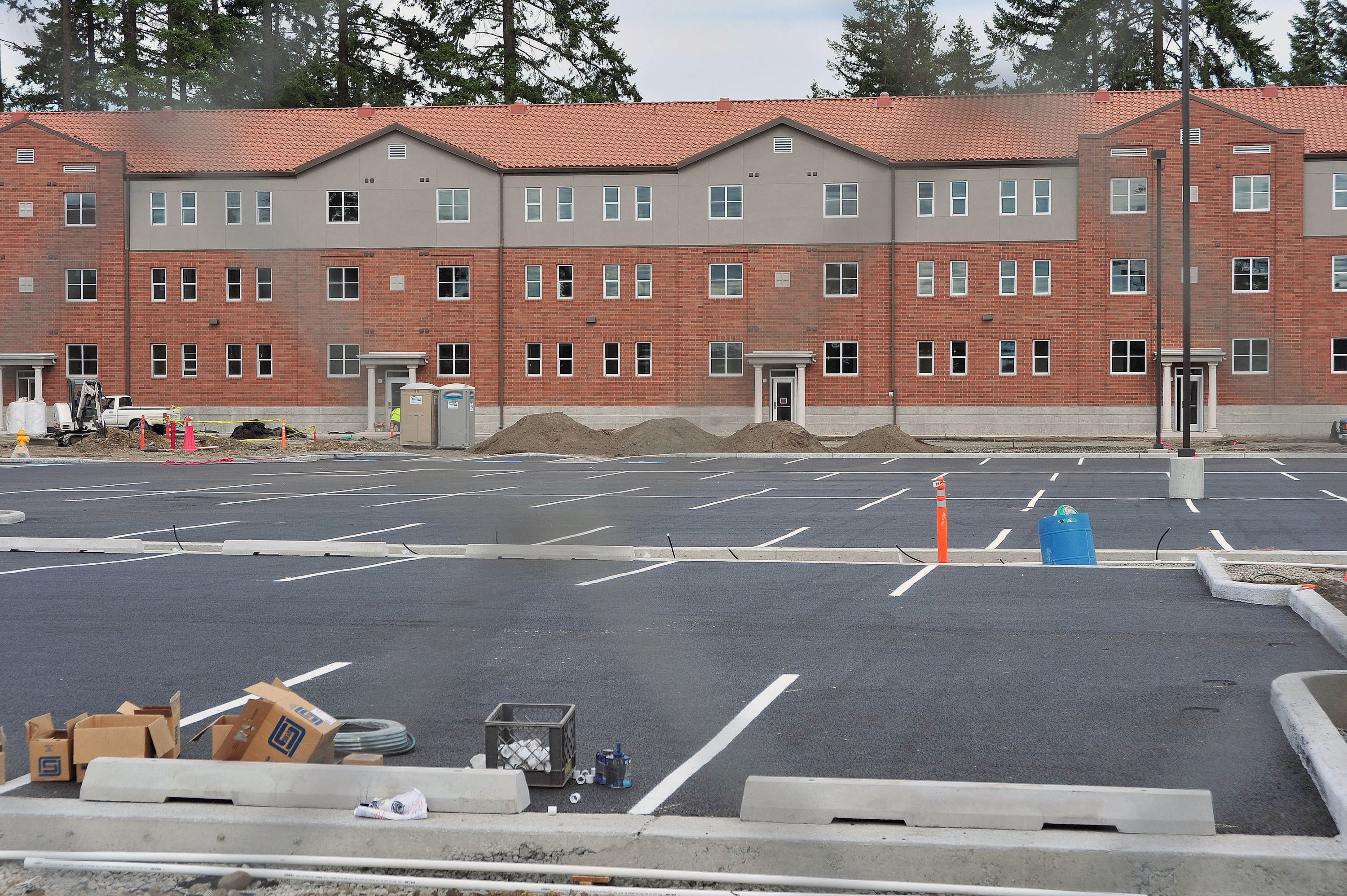Military families battle mold, rodents, neglect
Military families stationed at Joint Base Lewis-McChord in Washington state are facing persistent challenges with their on-base housing, including issues with mold, rodents, and more. Despite the implementation of the Tenant Bill of Rights and efforts to improve housing conditions, families continue to grapple with inadequate living conditions and a lack of effective remedies.

One such military family, the Klinksieks, experienced recurring problems with mold in their on-base townhouse. Amanda Klinksiek, who had previously encountered mold-related issues in another home, reported mold in the toilets on the day they moved in.
Military families battle mold, rodents and more at Washington base #Military #housing #toxic @MilitaryTimes @Gruntstyle https://t.co/C3XVHur22b
— Grunt Style Foundation (@GruntStyleFdn) June 21, 2023
Despite repeated requests for a comprehensive mold inspection, the company responsible for managing on-base housing, Liberty Military Housing, failed to respond. It wasn’t until January, after Klinksiek hired her own mold inspector, that the extent of the mold problem was discovered, leaving her feeling gaslit and misled.
Unfortunately, the Klinksieks’ story is not an isolated incident. InvestigativeWest, in conversations with nine military families, found similar accounts of mold, rodent infestations, and other housing-related issues at the Tacoma-area military base.
Such incidents shed light on the limitations of the Tenant Bill of Rights, which was intended to empower military families and provide remedies for housing disputes. However, the document lacks adequate consequences for housing companies that fail to adhere to its standards.
Congress and the Department of Defense embraced the Tenant Bill of Rights in 2019 as a crucial reform following media reports exposing unsafe housing conditions on military bases nationwide. Yet, families often struggle to exercise their rights due to a lack of knowledge, fear of retaliation, and the perception that their concerns may go unheard.
The shortcomings of the Tenant Bill of Rights have caught the attention of federal authorities, including the Government Accountability Office (GAO) and Congress. Advocates argue that the Department of Defense must enhance its oversight of the companies responsible for managing military housing, as these private contractors rake in billions of dollars while military families face substandard living conditions.
The Safe Military Housing Initiative, a non-profit organization advocating for military families, has been at the forefront of raising awareness and pushing for change. Breanna Barnhart, an advocate with the initiative, highlighted the repeated barrier encountered with Liberty Military Housing, which often dismissively tells families to “move” if they are dissatisfied.
Liberty Military Housing, one of the 14 companies contracted to manage domestic base housing, claims to have fully implemented the rights outlined in the Tenant Bill of Rights. However, the experiences of military families on the base contradict this statement. Families report that Liberty and the base housing office often fail to address their concerns promptly or adhere to the spirit of the Bill of Rights.
The weaknesses in the Tenant Bill of Rights have prompted calls for action from federal authorities and members of Congress. Senators such as Elizabeth Warren and Jon Ossoff have urged the Department of Defense to hold housing companies accountable for upholding the rights of tenants.
Efforts to improve the situation at Joint Base Lewis-McChord have been met with mixed results. Additional measures, such as the introduction of volunteer mayor positions to advocate for residents, have provided some hope. However, the reality for families, as experienced by America Lunsford, the first mayor of her neighbourhood on base, has been discouraging.
Despite her efforts to address residents’ concerns, she encountered dismissiveness and was urged to be a “good team player” by the base commander.
The lack of awareness about the steps involved in pursuing complaints and accessing the dispute resolution process further compounds the challenges faced by families. Many families expressed their frustration at not knowing how to escalate their concerns or navigate the system effectively.
The GAO’s recent audit of the Tenant Bill of Rights highlighted implementation weaknesses and recommended measures to improve access to information, clearly define roles and responsibilities, and strengthen home inspection standards. Addressing these issues would enable military personnel to fulfil their duties effectively and ensure that the congressional intent of improving privatized military housing is met.





.jpg)

Conversation